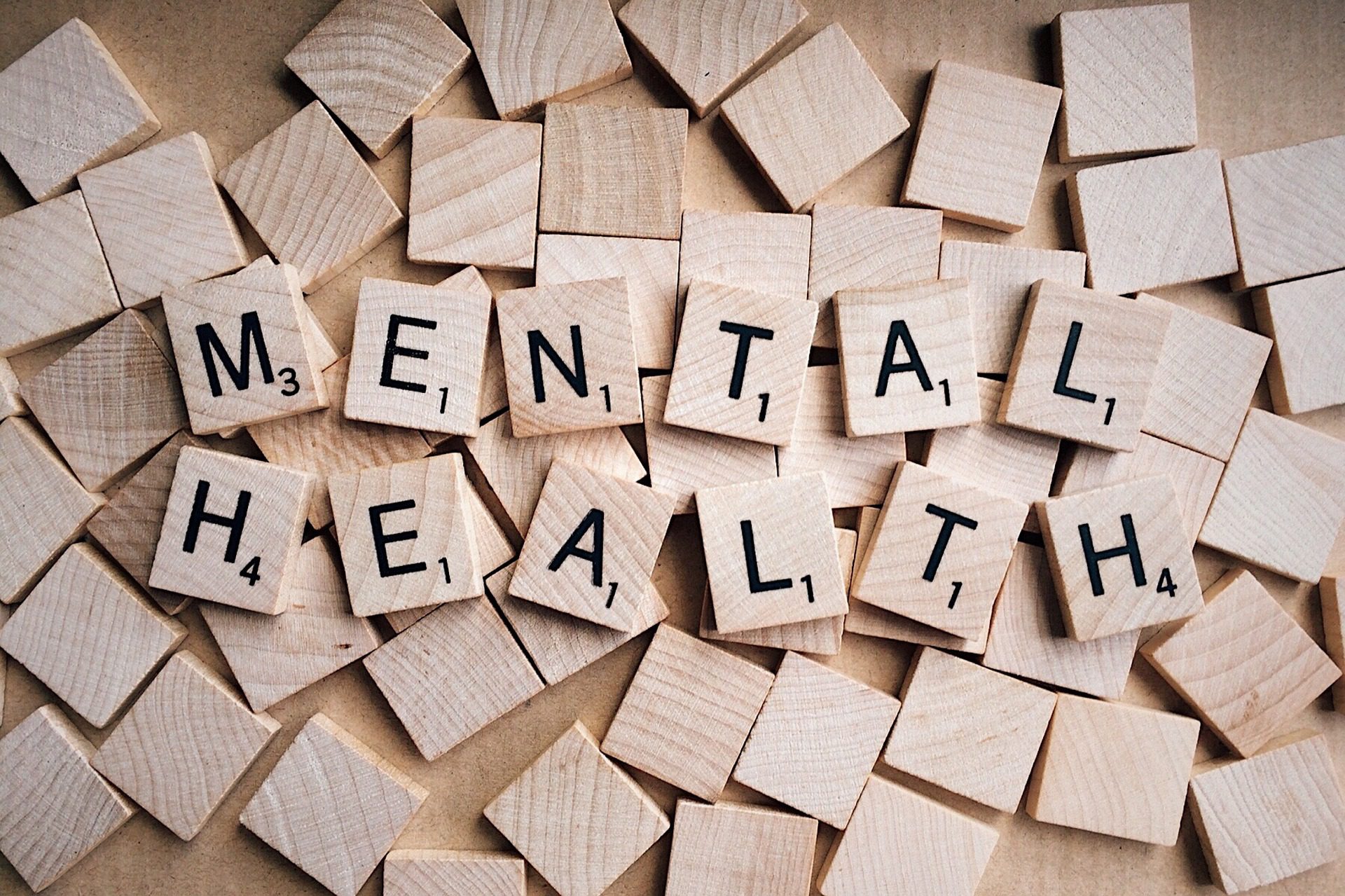Centre for Mental Health & Community Research
Researching, innovating and transforming the health and well-being of communities
The Centre for Mental Health & Community Research (formerly known as the Mental Health and Social Research Unit) was established in Maynooth University in 2008 by Founder/Director, Professor Sinead McGilloway.
We conduct high quality, interdisciplinary, community-engaged research on innovative and often large-scale health services and social care research programmes and projects across a number of practice- and policy-relevant subject areas of national and international importance. The centre also offers a stimulating learning environment for, and leadership in, the training/mentoring of doctoral/other postgraduate students and early career researchers. The centre was shortlisted in 2016 as a Finalist in two categories of the Irish Laboratory Awards (Research Laboratory of the Year and Healthcare Laboratory of the Year).

ABOUT US
We are the only centre in Ireland undertaking applied mental health and well-being research across the lifespan and in a community context. Our overarching themes and innovation are outlined below.

ENRICH PROGRAMME
The ENRICH (EvaluatioN of wRaparound in Ireland for CHildren and families) research programme is our flagship initiative which focuses on how best we might meet health and well-being needs of parents and their children from infancy onwards.

PRIMERA Programme
The PRIMERA (Promoting Research and Innovation in Mental hEalth seRvices for fAmilies) research programme is investigating family-focused services and supports for parents with a diagnosed mental illness and their children (0-18yrs).

The SALaM Ireland study

CONTEXT
The COllaborative Network for Training and EXcellence in psychoTraumatology (CONTEXT) programme aims to advance scientific knowledge regarding psychological responses to trauma across varying populations and contexts.

Other Research
Our other research covers a range of topics including disability, long-term unemployment and well-being, plus a series of studies on understanding and promoting mental health and well-being in children and young people.

Themes & Innovation
Overarching themes & innovation relate to health services research, social care and implementation science, with a focus on child and adult mental health and well-being, and vulnerable/disadvantaged groups more generally including:

- Evaluating services and interventions (including parenting programmes) aimed at preventing and ameliorating clinically significant emotional and behavioural problems in children.
- Improving services for parents with a diagnosed mental illness (and their children).
- Promoting the mental health and well-being of children and young people.
- Supporting people who are receiving end-of-life care (and their health care professionals).
- Empowering and supporting individuals with disabilities.
- Developing innovative services to address social problems (e.g. long-term unemployment).
- Assessing novel interventions for vulnerable groups across the lifespan.
- Responding to the mental health needs of occupational groups (e.g. those exposed to traumatic/critical incidents).